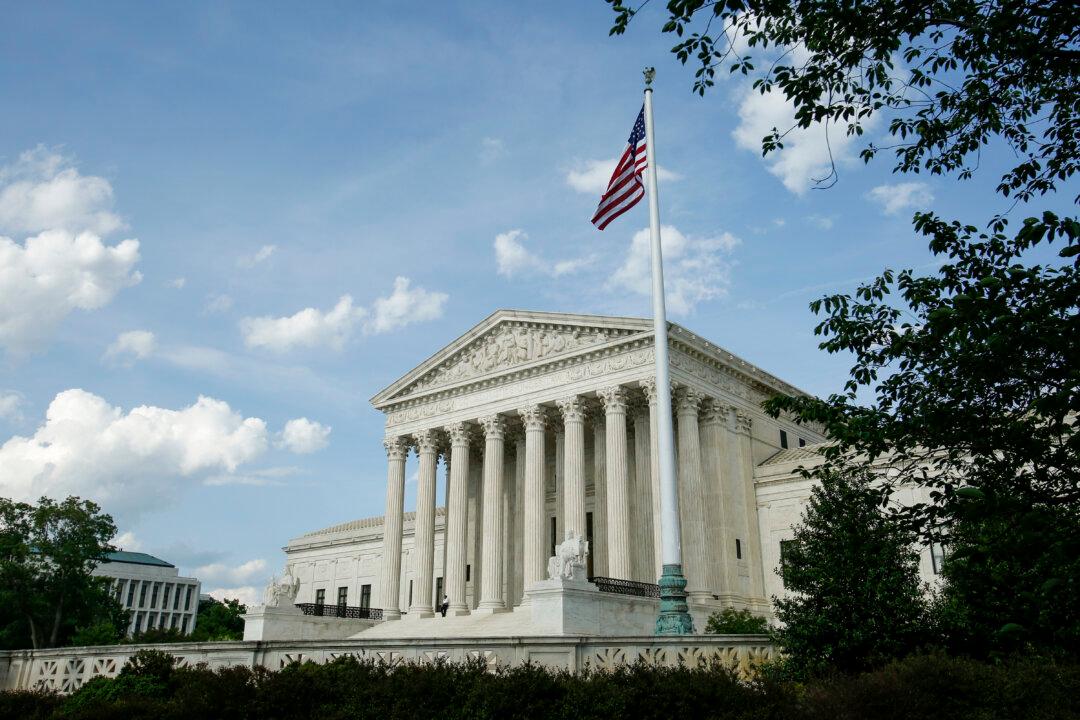The Supreme Court agreed Dec. 6 to hear a challenge to a Delaware law invalidated by a lower federal court that regulates the partisan makeup of that state’s courts.
The Supreme Court granted a petition brought by Gov. John C. Carney, a Democrat who has held the post since January 2017. Carney is appealing a loss at the 3rd Circuit Court of Appeals, which struck down the state law on April 10.





